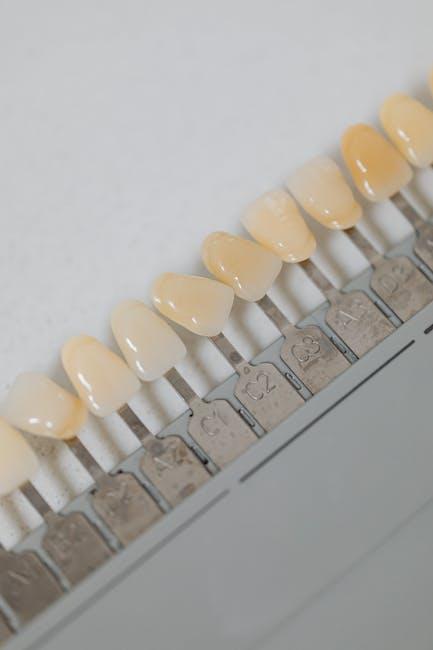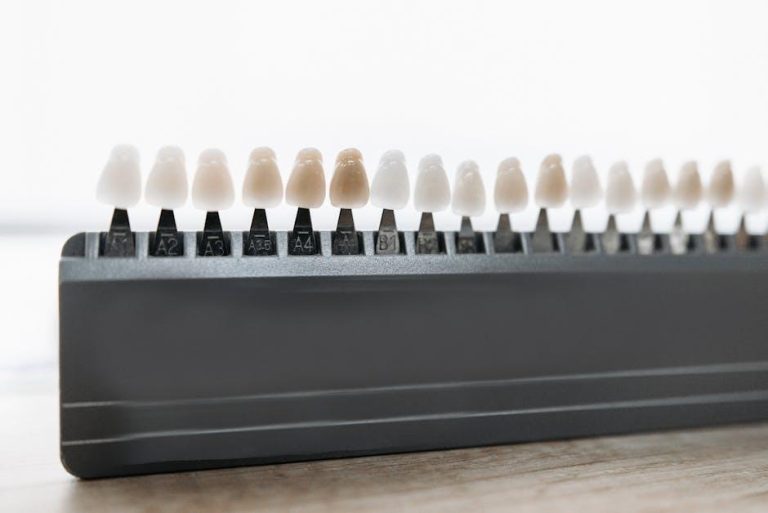
ADA Advises Public About ‘Veneer Techs’ – American Dental Association
The American Dental Association (ADA) has recently issued an important advisory to the public concerning the rising trend of “veneer techs” — individuals offering dental veneer services without proper dental qualifications. This advisory aims to protect consumers from unlicensed practitioners who may compromise oral health and safety. As cosmetic dentistry grows ever more popular, understanding the risks and safeguards associated with veneers is crucial. Here’s an in-depth look at the ADA’s guidance on veneer techs, what dental veneers involve, and practical tips for safe treatment.
What Are ‘Veneer Techs’?
“Veneer techs” is a term referring to unlicensed or inadequately trained people who provide veneer procedures outside the professional dental environment. These individuals often market themselves aggressively in social media or commercial settings, offering cheap and fast veneer applications without dental exams, diagnostics, or follow-ups.
This trend has raised concerns within the dental community due to the complexity of veneer placement. Dental veneers require precise planning, tooth preparation, and professional dental expertise to ensure safety and optimal outcomes.
Key Characteristics of Veneer Techs:
- Often lack dental or healthcare qualifications
- Operate outside regulated dental clinics
- May use substandard materials or shortcuts in procedures
- Ignore thorough oral health assessments before treatment
- May offer services at suspiciously low prices
Understanding Dental Veneers
Dental veneers are thin shells, typically made of porcelain or composite resin, custom-designed to cover the front surface of teeth for aesthetic improvement. Veneers can correct issues such as discoloration, chips, gaps, and minor misalignments.
Why Choose Professional Dental Veneers?
- Comprehensive Evaluation: Dentists assess oral health to ensure veneers are suitable.
- Customized Design: Veneers are tailored to match tooth color, shape, and bite.
- Safe Preparation: Proper tooth preparation minimizes damage and discomfort.
- Long-Lasting Results: Quality materials and placement increase durability.
- Follow-Up Care: Professional monitoring helps maintain oral health over time.
Risks of Choosing Veneer Techs
Opting for veneer techs instead of licensed dental professionals carries significant risks, including:
| Risk | Potential Consequence |
|---|---|
| Poor Quality Materials | Veneers may chip, discolor, or cause allergic reactions |
| Improper Tooth Preparation | Irreversible damage and increased tooth sensitivity |
| Lack of Oral Health Screening | Undiagnosed decay or gum disease worsens over time |
| No Sterile Environment | Higher risk of infections and cross-contamination |
| Absence of Aftercare | Complications may go unnoticed, leading to treatment failure |
ADA Recommendations for Consumers
To protect your dental health when considering veneers, the ADA urges the public to take the following steps:
- Verify Credentials: Ensure your dental care provider is a licensed dentist in your state.
- Request a Consultation: Seek a thorough dental evaluation including x-rays and oral exams.
- Avoid At-Home Kits or Unauthorized Services: Never accept veneer treatment from non-dental personnel or online-only vendors.
- Ask About Materials and Procedures: Understand what type of veneer will be used and the treatment plan.
- Check Reviews and Recommendations: Look for patient testimonials and professional affiliations.
- Report Suspicious Practices: Notify the ADA or local dental boards about unlicensed providers.
Benefits of Professional Veneer Treatment
Choosing a licensed dentist for veneer treatment offers many advantages beyond aesthetics:
- Enhanced Oral Health: Dentists screen and treat underlying dental issues prior to veneer placement.
- Tailored Treatment Plans: Options customized to your individual oral anatomy and cosmetic goals.
- Technological Advantage: Use of state-of-the-art imaging, CAD/CAM technology, and lab quality control.
- Comprehensive Guarantee: Professionals stand behind their work with warranties and follow-up care.
Case Study: A Cautionary Tale
Jane, a 28-year-old woman, was tempted by low-cost veneer promotions by a local veneer tech. The tech completed the veneer application quickly and without an oral exam. Shortly after, Jane experienced intense tooth sensitivity, gum irritation, and discoloration of the veneers. After consulting a licensed dentist, she learned she had untreated decay underneath and required extensive restorative dental work—including replacing all veneers.
This story underscores why professional oversight and expertise are essential in cosmetic dental treatments.
Final Thoughts and How to Proceed
The American Dental Association’s advisory about veneer techs is a vital reminder that cosmetic dental procedures, especially veneers, should never be rushed or entrusted to unqualified individuals. Your oral health is an investment, and choosing licensed dental professionals for veneer treatment safeguards your smile’s beauty and function for years to come.
Before deciding on veneers, consult a trusted dentist, ask questions, and don’t be swayed by suspiciously low offers. Prioritize safety, quality, and long-term satisfaction in your dental care choices.
Stay informed, be cautious, and smile confidently with professional dental veneers.


